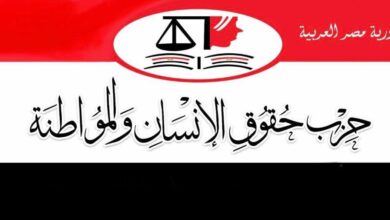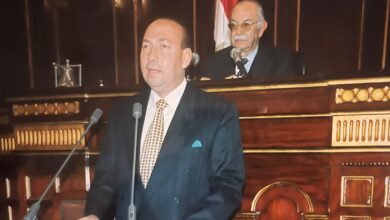The Four Freedoms of Free Application
A free software is a piece of computer code that can be used with out restriction simply by the first users or by anyone else. This can be created by copying this program or adjusting it, and sharing that in various ways.
The software freedom movement was started in the 1980s by simply Richard Stallman, who was concerned that proprietary (nonfree) software constituted a form of oppression for its users and a violation with their moral rights. He formulated a set of four freedoms intended for software to be considered free:
1 ) The freedom to modify the software.
This is the most basic in the freedoms, and it see this site is the one that constitutes a free program useful to its users. It is also the freedom that allows a grouping of users to share their modified variety with each other plus the community in particular.
2 . The liberty to study the program and understand how it works, so that they can make changes to it to match their own requirements.
This freedom is the one that many people consider when they hear the word “free”. It is the flexibility to upgrade with the software, so that it really does what you want it to do or perhaps stop carrying out something you don’t like.
5. The freedom to distribute clones of your customized versions in front of large audiences, so that the community at large can usually benefit from your advancements.
This flexibility is the most important with the freedoms, and it is the freedom that renders a free course useful to it is original users and to anybody. It is the liberty that allows a group of users (or specific companies) to develop true value added versions of your software, that may serve the needs of a particular subset belonging to the community.




